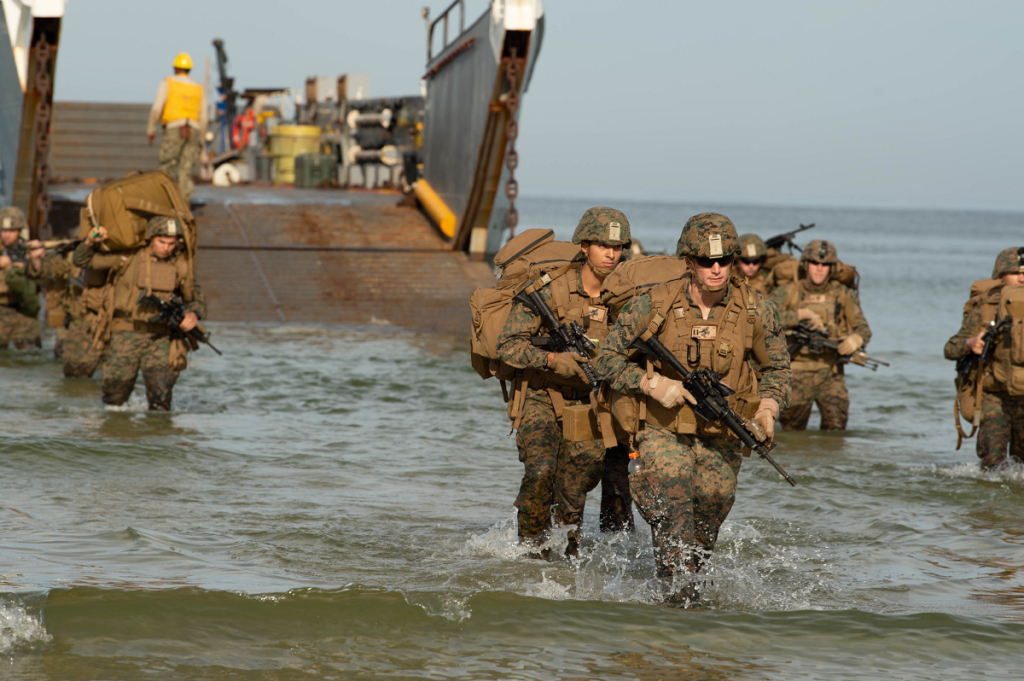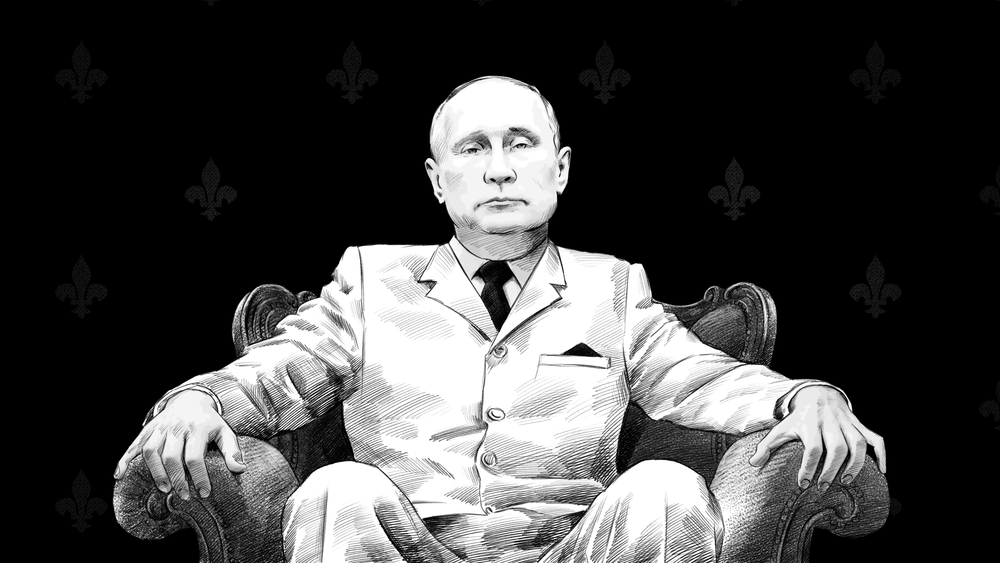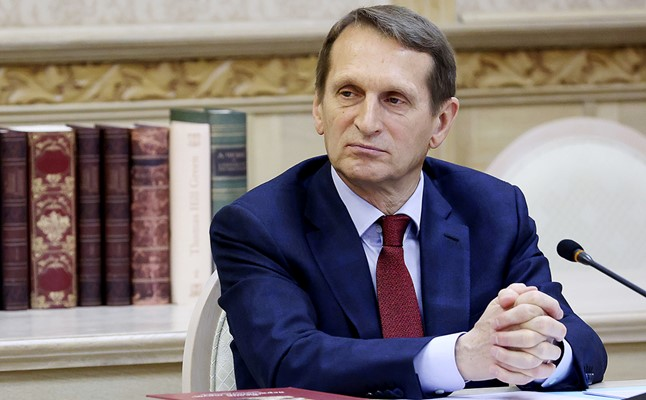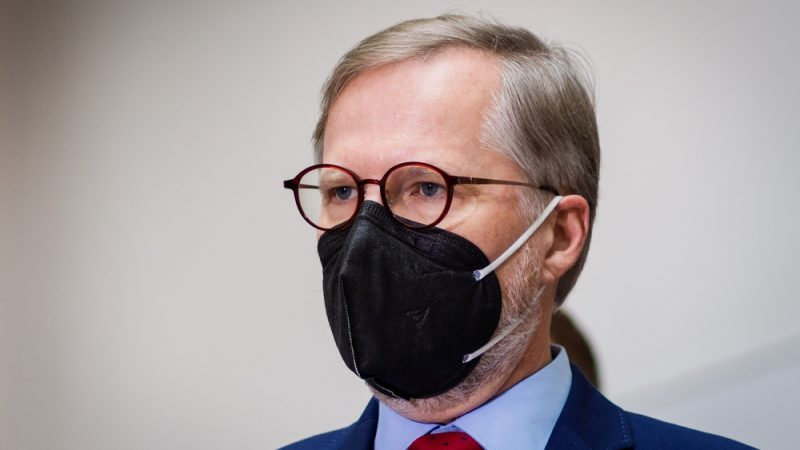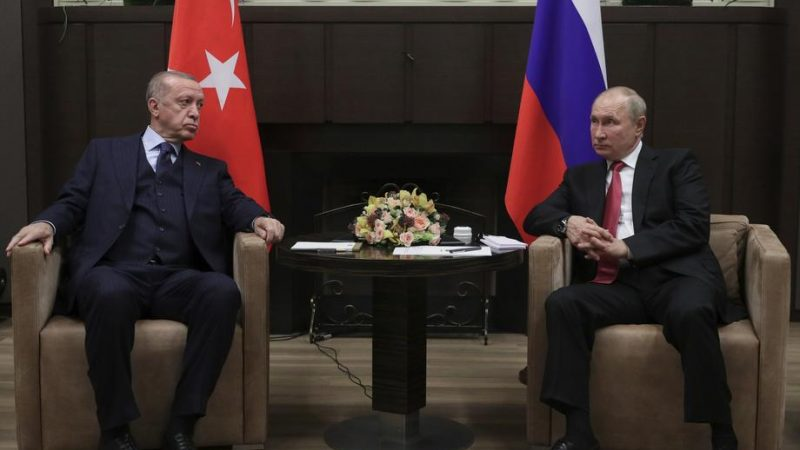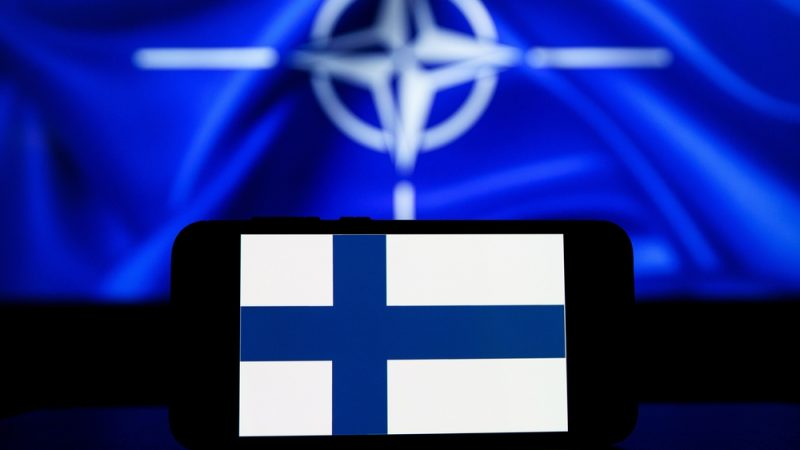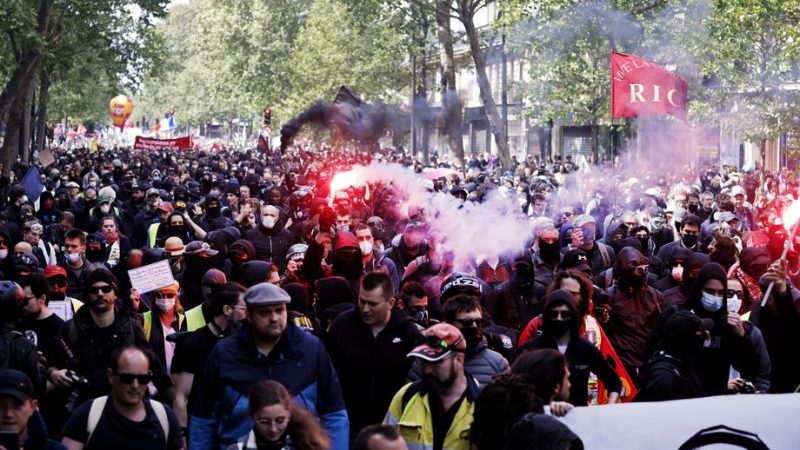UN chief urges investment to help Niger fight jihadists
UN Secretary-General Antonio Guterres on Monday urged the international community to “fully invest” to help impoverished Niger fight jihadist insurgents threatening the government in Niamey and neighbouring countries.

